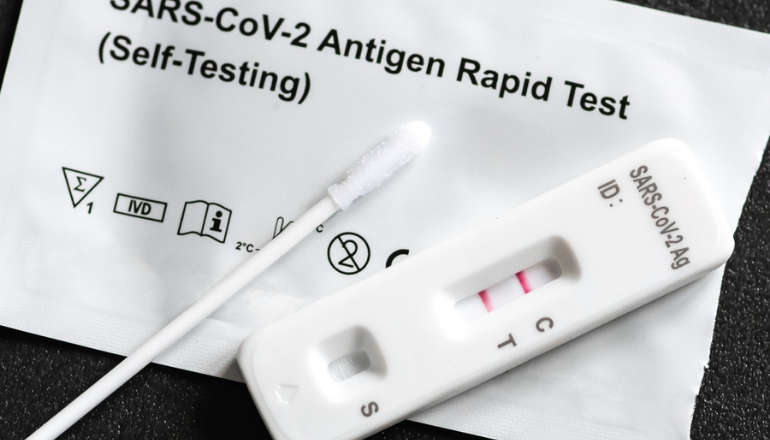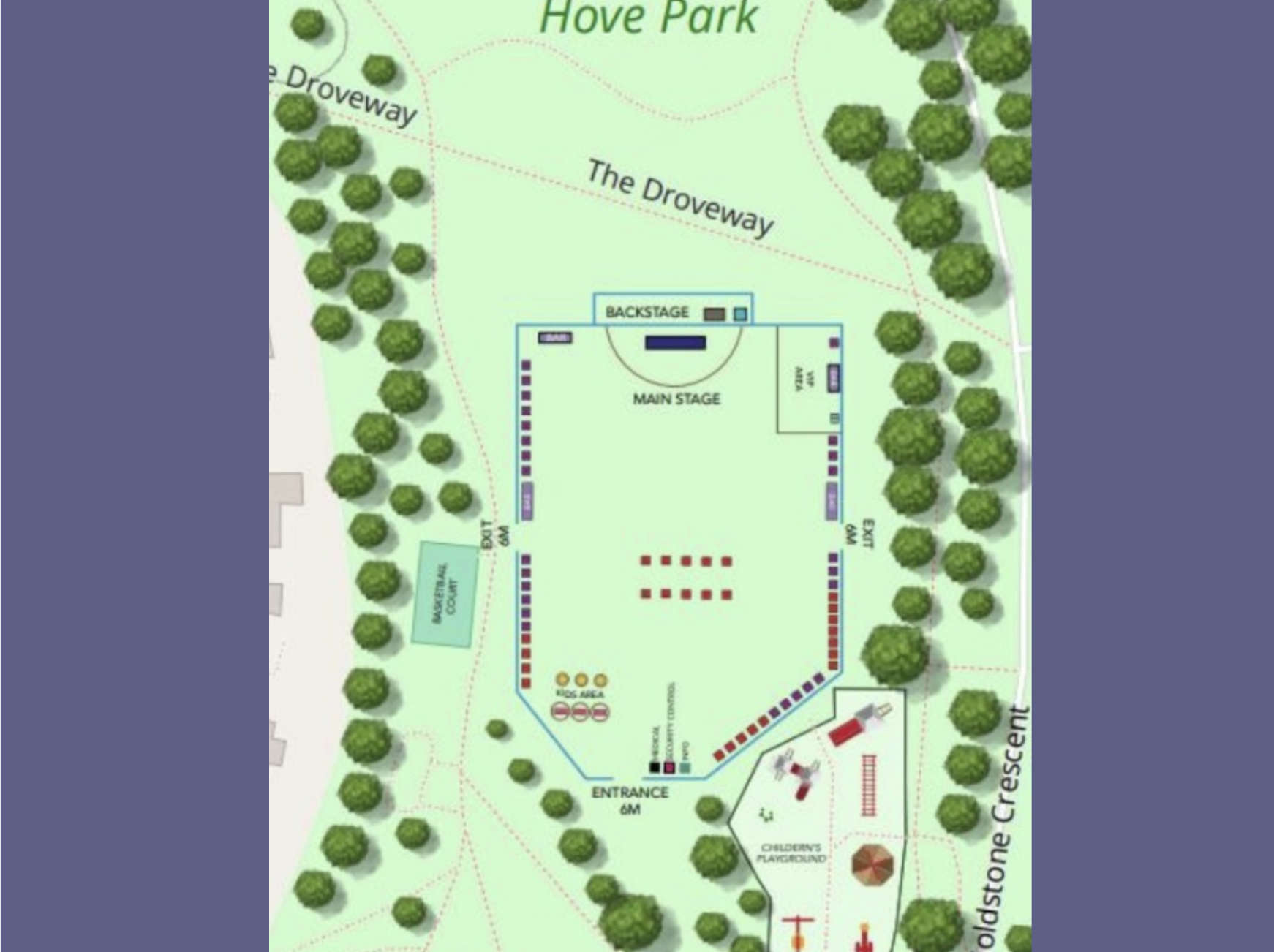
Patients who overcome severe Covid infections suffer the same cognitive impairment that people generally go through between the ages of 50 and 70, a new study has found.
This is the equivalent of losing 10 IQ points say the team of scientists from the University of Cambridge and Imperial College London.
Their findings suggest that the effects of the coronavirus infection are still detectable more than six months after the illness, that cognitive recovery is gradual at best, and that it may even impact people who only had mild cases.
There is a growing body of evidence that Covid-19 causes lasting cognitive and mental health problems, with recovered patients still experiencing symptoms months after infection.
The symptoms they report include "fatigue, 'brain fog', problems recalling words, sleep disturbances, anxiety and even post-traumatic stress disorder (PTSD)" say the scientists.

A previous study in the UK found around one in seven individuals reported having symptoms that included cognitive difficulties 12 weeks after a positive test.
This impact was the strongest for those who required mechanical ventilation, but the team warn that even patients who weren't sick enough to be hospitalised may have tell-tale signs of mild impairment.
"By comparing the patients to 66,008 members of the general public, the researchers estimate that the magnitude of cognitive loss is similar on average to that sustained with 20 years ageing, between 50 and 70 years of age, and that this is equivalent to losing 10 IQ points," they said.
What are the signs of impairment?
The survivors scored particularly poorly on verbal analogical reasoning tasks, a result the researchers say supports the commonly-reported problem of difficulty finding words.
"They also showed slower processing speeds, which aligns with previous observations post COVID-19 of decreased brain glucose consumption within the frontoparietal network of the brain, responsible for attention, complex problem-solving and working memory, among other functions."
Professor David Menon from the University of Cambridge, the study's senior author, said: "Cognitive impairment is common to a wide range of neurological disorders, including dementia, and even routine ageing, but the patterns we saw – the cognitive 'fingerprint' of COVID-19 – was distinct from all of these."
Prof Menon added: "We followed some patients up as late as ten months after their acute infection, so were able to see a very slow improvement.
"While this was not statistically significant, it is at least heading in the right direction, but it is very possible that some of these individuals will never fully recover," he warned.


 Littlehampton Sex Attacker Jailed After Extraordinary Act Of Bravery From Female Officers
Littlehampton Sex Attacker Jailed After Extraordinary Act Of Bravery From Female Officers
 Appeal To Identify Men In Connection With Hastings Criminal Damage
Appeal To Identify Men In Connection With Hastings Criminal Damage
 Burgess Hill School Wins Asthma Friendly Award
Burgess Hill School Wins Asthma Friendly Award
 Archaeologists To Focus On Norman Structure During Dig In Chichester’s Priory Park
Archaeologists To Focus On Norman Structure During Dig In Chichester’s Priory Park
 Projects Underway To Improve Water Quality And Supply In East Sussex
Projects Underway To Improve Water Quality And Supply In East Sussex
 Neighbours Oppose Alcohol Licence For Hove Park Caribbean Festival
Neighbours Oppose Alcohol Licence For Hove Park Caribbean Festival
 'No Indication Of Malicious Activity' As E-Gates Back Working At UK Airports After Travel Chaos
'No Indication Of Malicious Activity' As E-Gates Back Working At UK Airports After Travel Chaos
 Brighton & Hove Council Compensate Mother For Special Education Failure
Brighton & Hove Council Compensate Mother For Special Education Failure
 Appeal For Witnesses After Fatal Collision In Hastings
Appeal For Witnesses After Fatal Collision In Hastings
 Man Charged With Crawley Attempted Murder
Man Charged With Crawley Attempted Murder
Comments
Add a comment